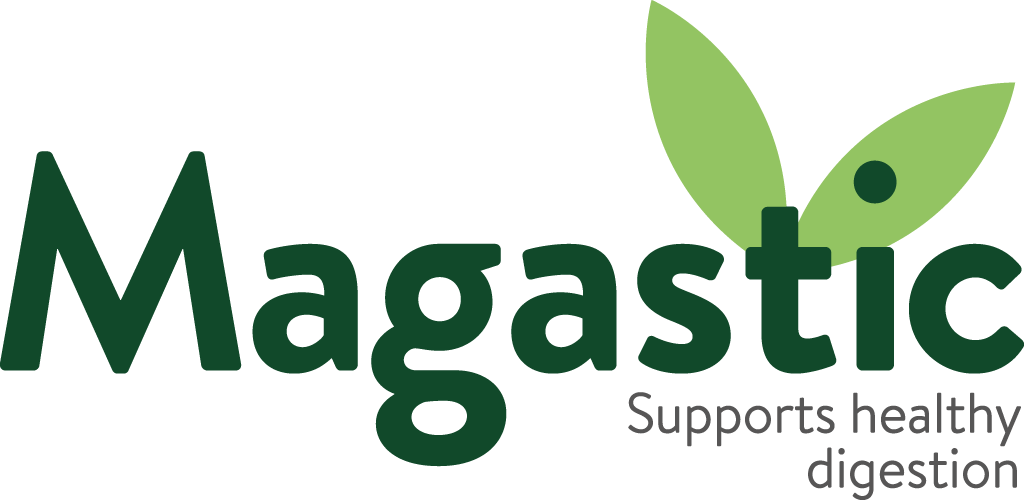Why its Important to Digest Protein Properly
What happens when you have difficulty digesting protein? When you’re unable to digest certain proteins, swelling and inflammation can occur in your intestines. This can cause the following:
Diarrhoea
Cramping
Gas
Bloating
Stomach pain
Nausea
You don’t want that. Nobody does. So what do you do?
It’s easy to read “tips and tricks” to solve such issues. But it’s always best to first understand the problem a little more. Smart people always do this as it helps them better manage the problem and lead a much healthier life.
So let’s start by learning a bit about proteins and how your body digests it.
What Your Body Needs to Digest Protein
Your body cannot absorb protein as it is because it’s too complex. Protein needs to be broken down into a simpler form so it is absorbed easily by your body. To digest protein, your body needs two things:
Hydrochloric acid (HCl) a.k.a. stomach acid
Enzymes
You should understand that it is the enzymes, and not your stomach acid, which breaks the food down. The stomach acid is needed to activate the enzymes. Without the hydrochloric acid, the enzymes will remain inactive. As we grow old, our body starts to produce less enzymes.
This is why you might see older people having more difficulty digesting proteins than younger people. Moreover, enzymes also need a certain pH level, which is the balance of alkalinity and acidity in an environment. The enzymes need your stomach to be highly acidic.
The Protein Digestion Process
Proteins are big, globular molecules that are comprised of smaller molecules called amino acids. The protein digestion process is one where the dietary protein is reduced into a group of amino acids in the gastrointestinal tract.
After they’re absorbed into your cells, the amino acids can combine in various ways to provide your body with the different proteins it may need at different times.
Mouth to stomach
After being chewed, the protein enters the highly acidic environment in your stomach. Here the proteins in your food are unfolded, letting digestive enzymes go to work on it.
As per the protein digestion protocol, the stomach turns on a protein-specific enzyme that breaks the protein into smaller molecules known as peptides. The stomach also de-activates any potentially dangerous microorganisms that you might have ingested.
Stomach to small intestine
The acidic food particles need to be neutralized as they move on from the stomach. To do that, your pancreas releases a bicarbonate buffer in the small intestine. The protein-digesting enzymes produced by the pancreas break down the peptides into smaller peptides.
It is here that the amino acids are snipped off one at a time. After that, your small intestine’s absorptive cells transport the amino acids to cells across your body via the bloodstream.
How to Solve Your Protein Digestion Problem
Alright, now you have a better understanding of protein digestion. So what do you do when you have trouble digesting protein? Give up your love of meat? Thankfully, no.
Here’s what you can do to fix your protein digestion problems:
Add enzyme-rich food to your diet
When you eat enzyme-rich foods, your digestive system is under less stress. This is because your body doesn’t have to dig in to your pancreatic enzymes reserve. Increasing the amount of vegetables and raw fruits you consume is the best way to get these enzymes.
Since cooking food destroys living enzymes, avoid over-cooking and prefer recipes where more raw ingredients make it to the plate.
Combine foods sensibly
If you eat protein and starchy foods together, it requires your stomach acid to work harder. A typical example of such a meal is meat with potatoes. The reason your stomach has to put in more effort is that carbohydrates and proteins are digested in different ways. If you’re having high protein items such as eggs, cheese or meat, try to have them on their own or with smaller vegetable portions.
You can also have lower acid forming proteins such as beans, whole grains and lentils instead of high acid forming proteins like red meat or fish. Combine this protein type with alkaline forming foods such as vegetables and you will make it much easier for your body to digest protein.
Chew your food properly
This might seem like a small thing, but it is crucial. This simple act of chewing your food properly can improve your digestion and help your body process the proteins you’re having. The more your food is broken down as it enters the stomach, the fewer enzymes are needed to absorb its nutrients.
Proper chewing doesn’t only put less stress on your pancreas. It also sends a message to your brain that the eating and digesting process has begun. And since there is more chewing and less swallowing, you will not overeat as you will feel full much more quickly.
Try Mastic Gum
Mastic gum has been associated with treating gastrointestinal disorders for many years, so anyone experiencing problems arising from difficulty in digesting any foods would certainly benefit from trying some mastic gum. It works through various mechanisms being both antimicrobial (keeping bad bacteria at bay), anti-fungal, anti-inflammatory and antioxidant – so essentially an all round digestive wonder for your gut. Magastic is an easy chewable, natural mint containing mastic gum to support healthy digestion and metabolism, zinc which contributes to normal acid-base balance and Vitamin B6 which contributes to normal glycogen and protein synthesis.


